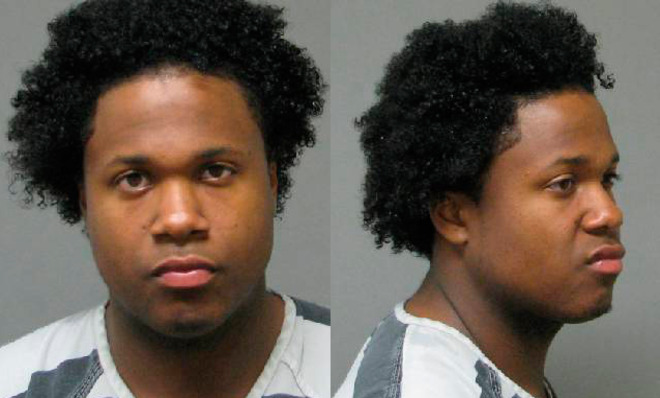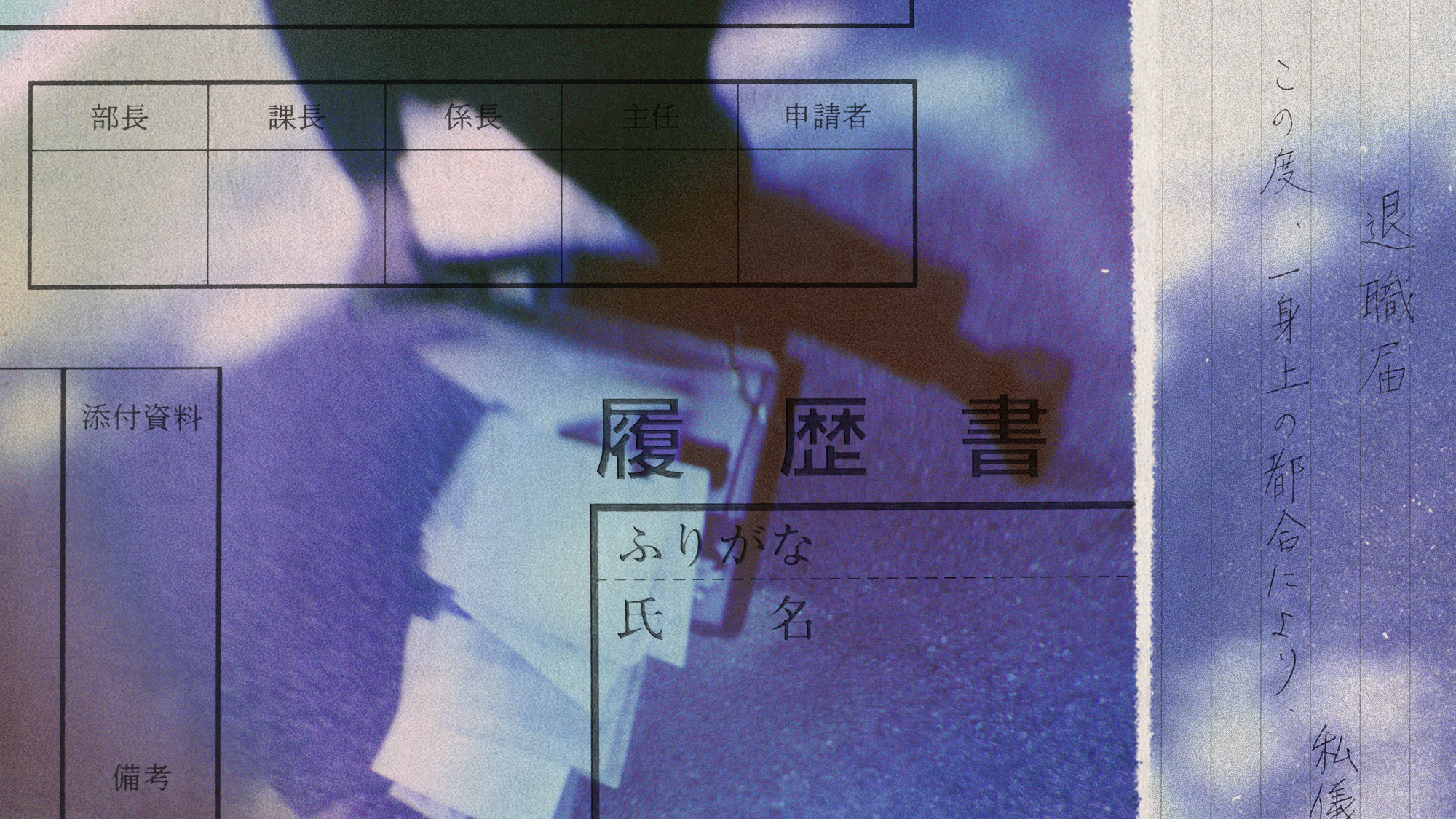There's only one person to blame for the murder of two NYC cops
A single person, not a movement, pulled the trigger


Two New York City police officers are dead, ambushed by a lone gunman as they sat in a squad car in Brooklyn. It's a brazen killing, one so shocking it has left the city and the nation searching for a rational explanation to an inconceivable crime.
Why would someone do this? And who, or what, should be blamed?
In the immediate aftermath of the tragedy, much of the blame fell on those accused of encouraging recent protests over the killing of unarmed civilians by police officers. Former New York City Mayor Rudy Giuliani claimed that propaganda "starting with the president" fomented anti-police anger. A scattershot National Review story lumped together everything from universities to the media to "intelligentsia" under a broad banner of "thousands of inciters," proclaiming that "Hate speech leads to hate crimes."
The Week
Escape your echo chamber. Get the facts behind the news, plus analysis from multiple perspectives.

Sign up for The Week's Free Newsletters
From our morning news briefing to a weekly Good News Newsletter, get the best of The Week delivered directly to your inbox.
From our morning news briefing to a weekly Good News Newsletter, get the best of The Week delivered directly to your inbox.
The most frequent target in the nascent blame game though, and the subject of the most pointed vitriol, is New York City Mayor Bill de Blasio.
Within hours of the shooting, former New York Governor George Pataki lamented it as the "predictable outcome" of de Blasio's "divisive anti-cop rhetoric." The head of the city's largest police union went further, claiming there was "blood on the hands [that] starts on the steps of City Hall, in the office of the mayor." Cops literally turned their backs on the mayor as he walked by them. And even the decidedly nonpartisan CBS asked whether it was "fair" to blame de Blasio.
The question is preposterous. The leap from Ismaaiyl Brinsley, who allegedly murdered the two officers before taking his own life, to the mayor requires willfully distorting reality to find causality where there is none. And it ignores the constitutionally understood notions of speech, dissent, and incitement.
To hear only from de Blasio's critics, you would think the mayor, in the aftermath of a grand jury's decision to bring no indictment in the Eric Garner chokehold case, grabbed a pitchfork and quoted N.W.A. Yet while respecting the right of protesters to peacefully express their discontent with the decision, the legal system, and the police, the mayor unequivocally urged nonviolence.
A free daily email with the biggest news stories of the day – and the best features from TheWeek.com
Undoubtedly, some have used the protests as cover to call for violence against the police. But those people do not represent the wider movement, and de Blasio has been quick to call them out. When an otherwise peaceful demonstration resulted in a tussle with cops, de Blasio sat down with one of the leading protest groups to ask for their help reining in radical participants.
The long-view argument blaming de Blasio insists he's been on an anti-cop crusade ever since running a mayoral campaign built on vows to reform the police department. That crusade, the argument goes, then fostered a prevailing anti-cop climate where police killings are more likely to flourish.
That's a laughable stretch that hyperbolizes both de Blasio's reform push and any role it could plausibly have played in instigating violence against the police. And it's a stretch that must be recognized as what it is: A blatant attempt to transform a tragedy into a political cudgel.
On the other side of the political spectrum, some on the left were quick to blame Tea Party extremism and Sarah Palin for a mass shooting in Tucson that critically wounded former Rep. Gabby Giffords (D-Ariz.). That, too, was misguided, knee-jerk politicization.
As in the Tucson massacre, there were warning signs about the mental state of the alleged shooter in the NYPD killing case. And though Brinsley expressed outrage about police killings of black men prior to his attack, the warped decision to spin that anger into fatal action was his alone.
Searching for someone or something to blame beyond the shooter yields only strawmen. Brinsley pulled the trigger; de Blasio did not.
Jon Terbush is an associate editor at TheWeek.com covering politics, sports, and other things he finds interesting. He has previously written for Talking Points Memo, Raw Story, and Business Insider.
-
 Why quitting your job is so difficult in Japan
Why quitting your job is so difficult in JapanUnder the Radar Reluctance to change job and rise of ‘proxy quitters’ is a reaction to Japan’s ‘rigid’ labour market – but there are signs of change
-
 Gavin Newsom and Dr. Oz feud over fraud allegations
Gavin Newsom and Dr. Oz feud over fraud allegationsIn the Spotlight Newsom called Oz’s behavior ‘baseless and racist’
-
 ‘Admin night’: the TikTok trend turning paperwork into a party
‘Admin night’: the TikTok trend turning paperwork into a partyThe Explainer Grab your friends and make a night of tackling the most boring tasks
